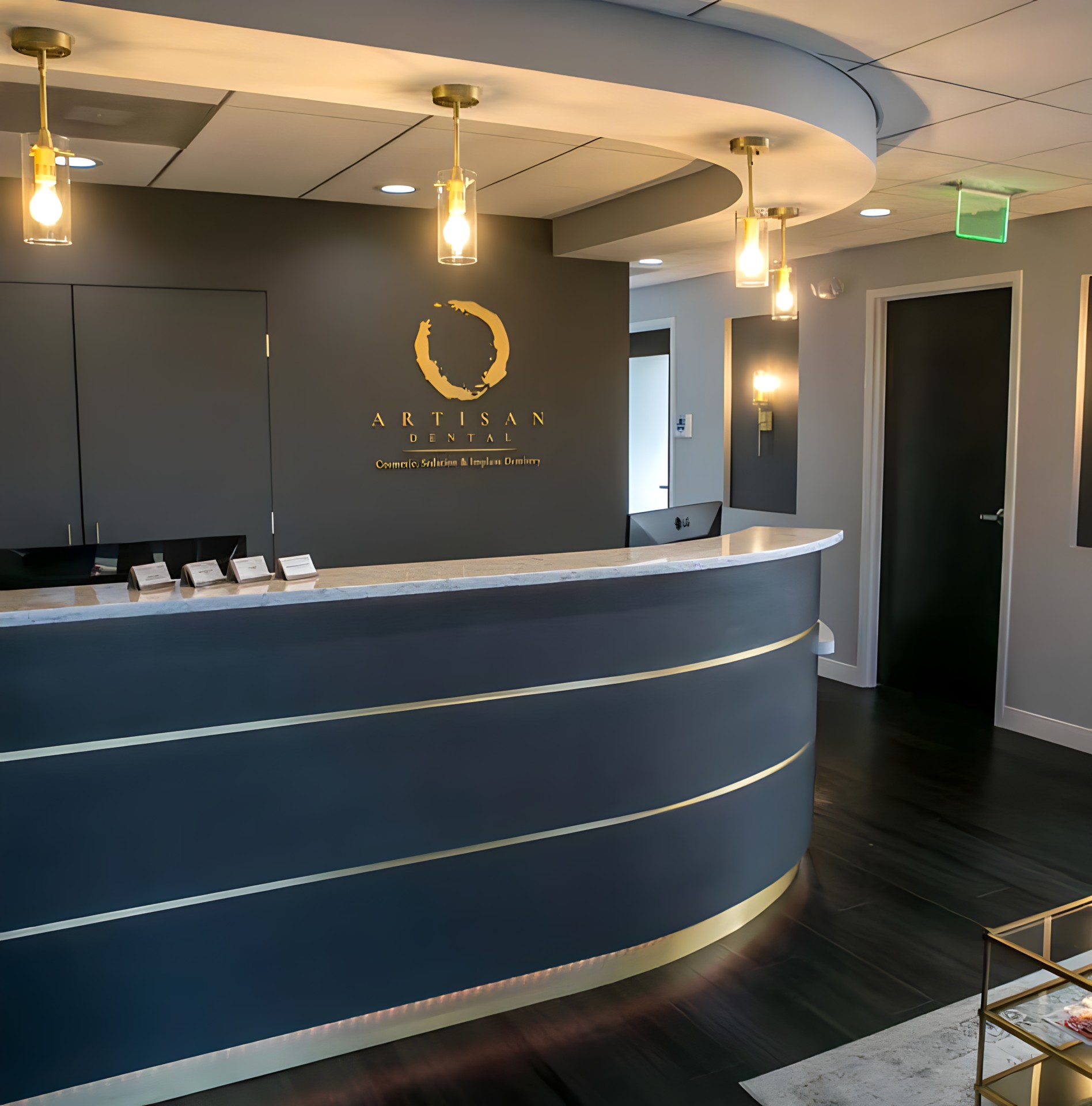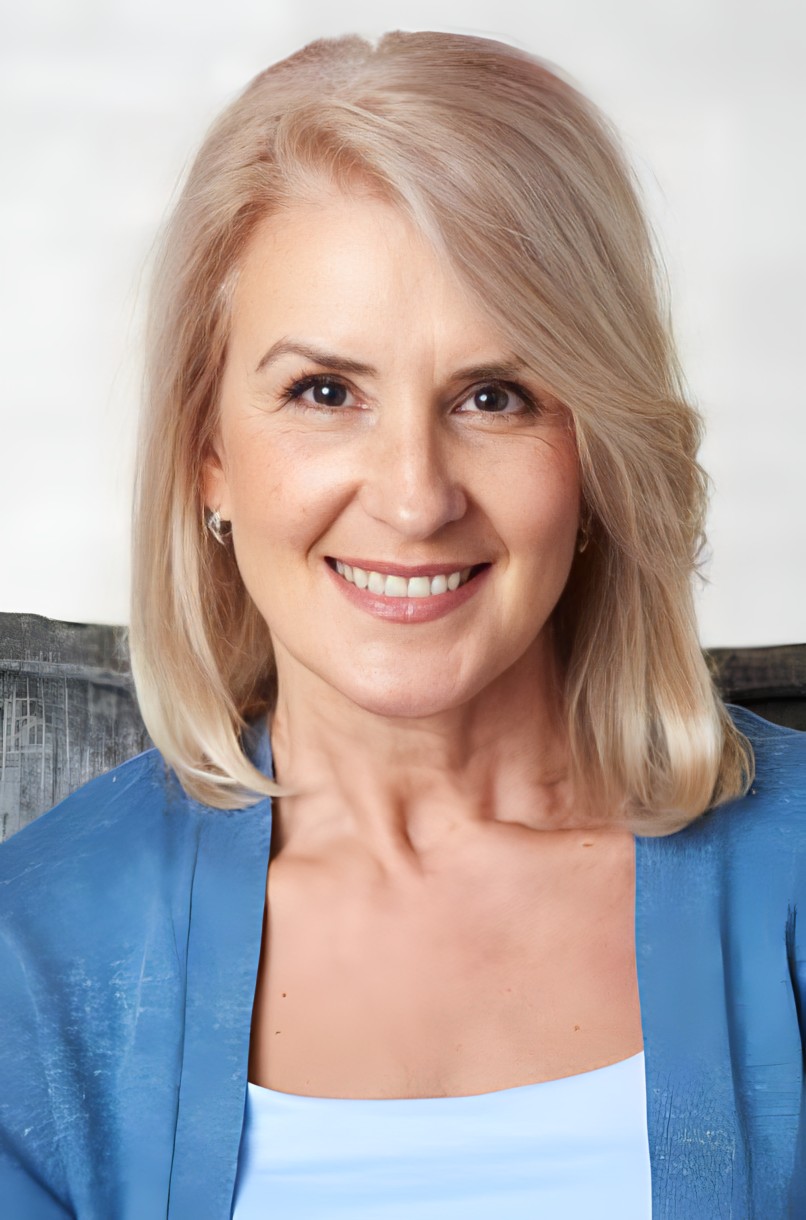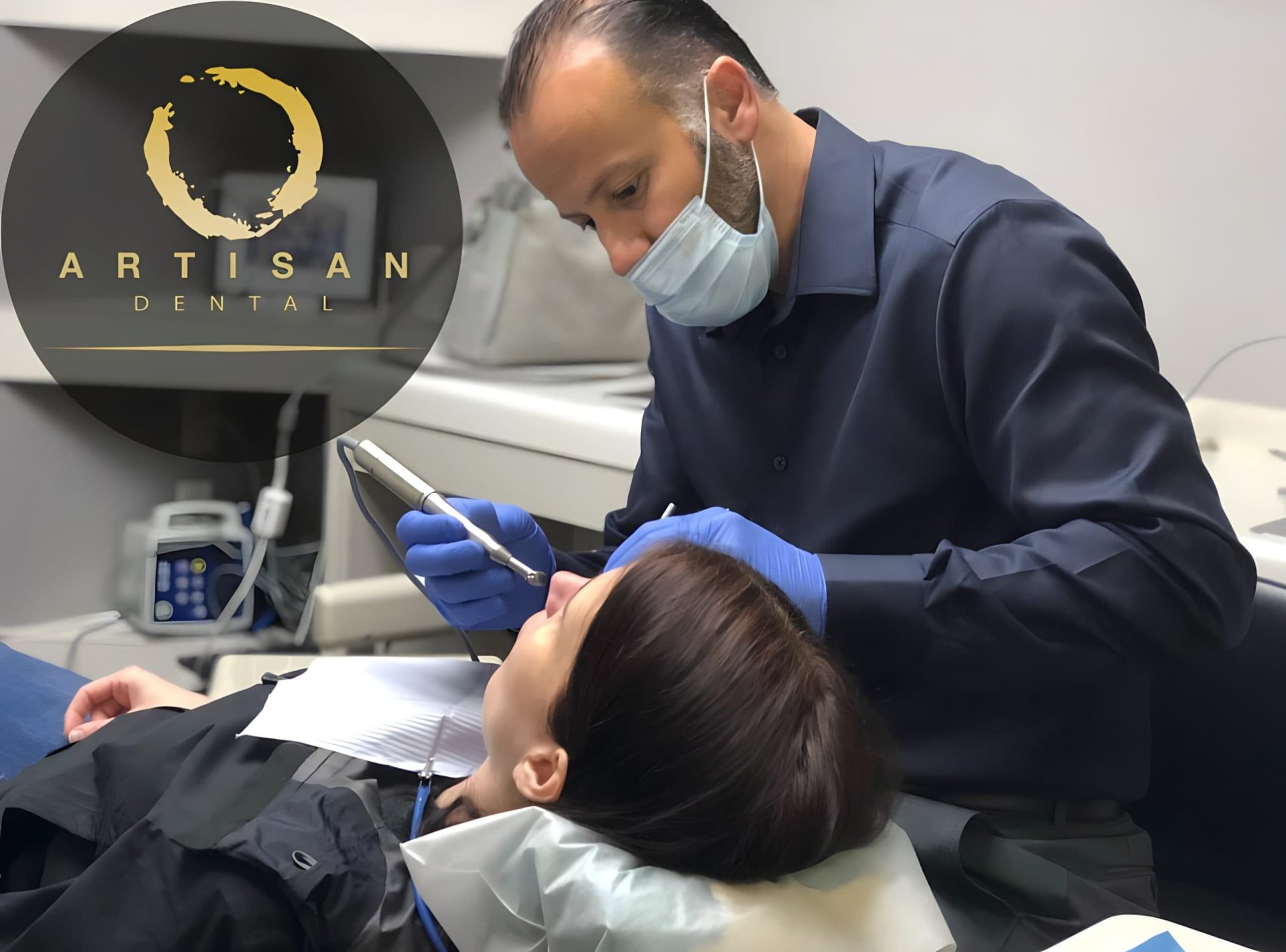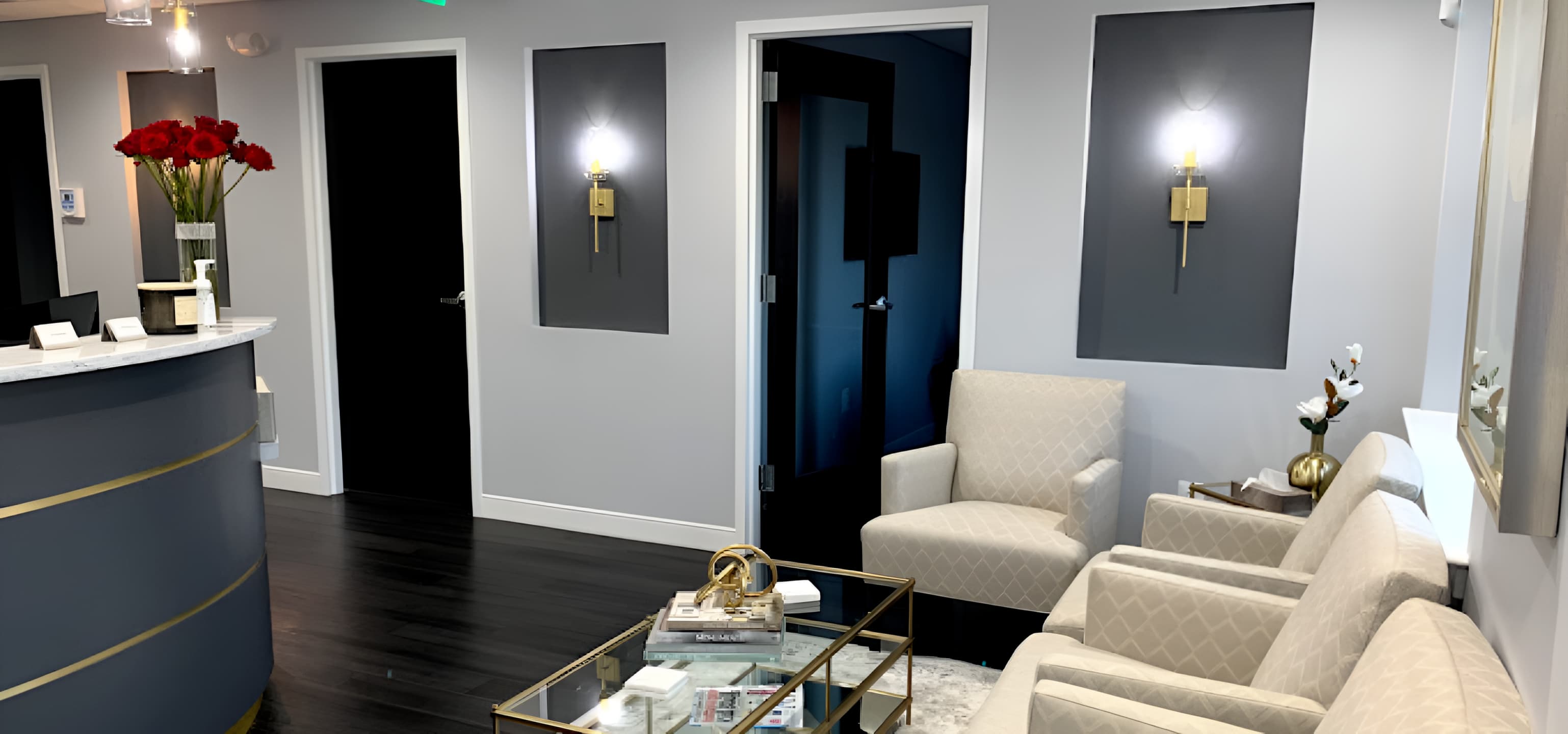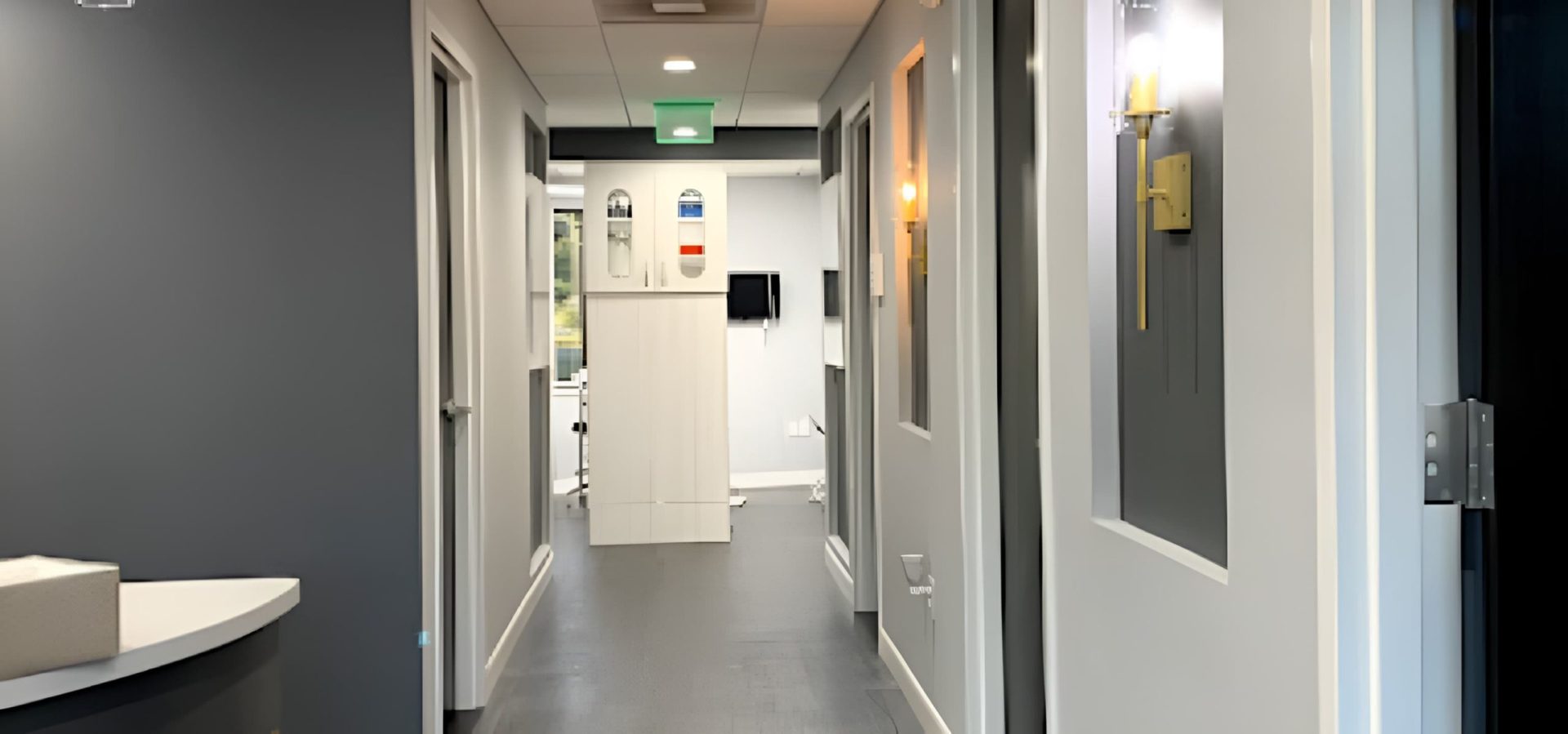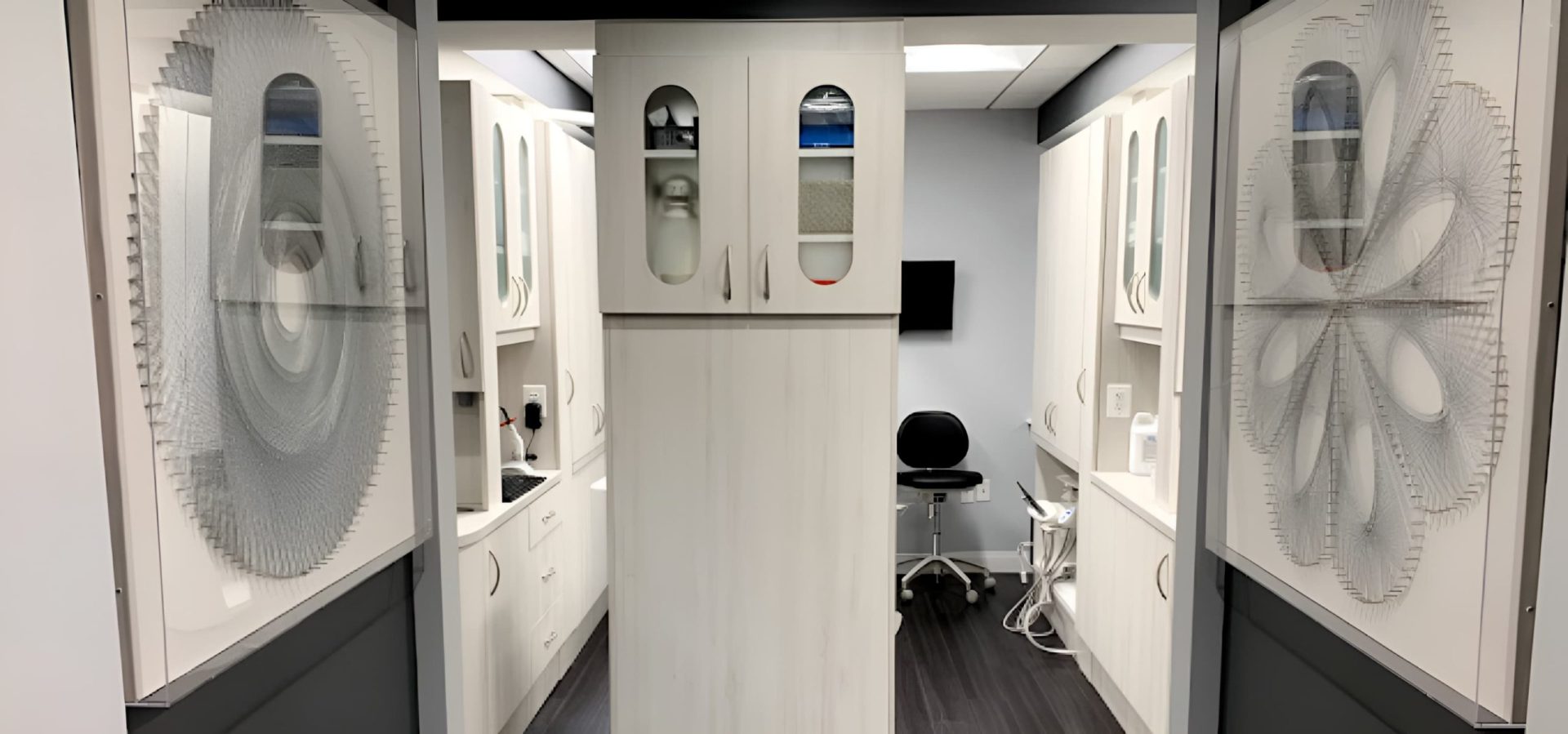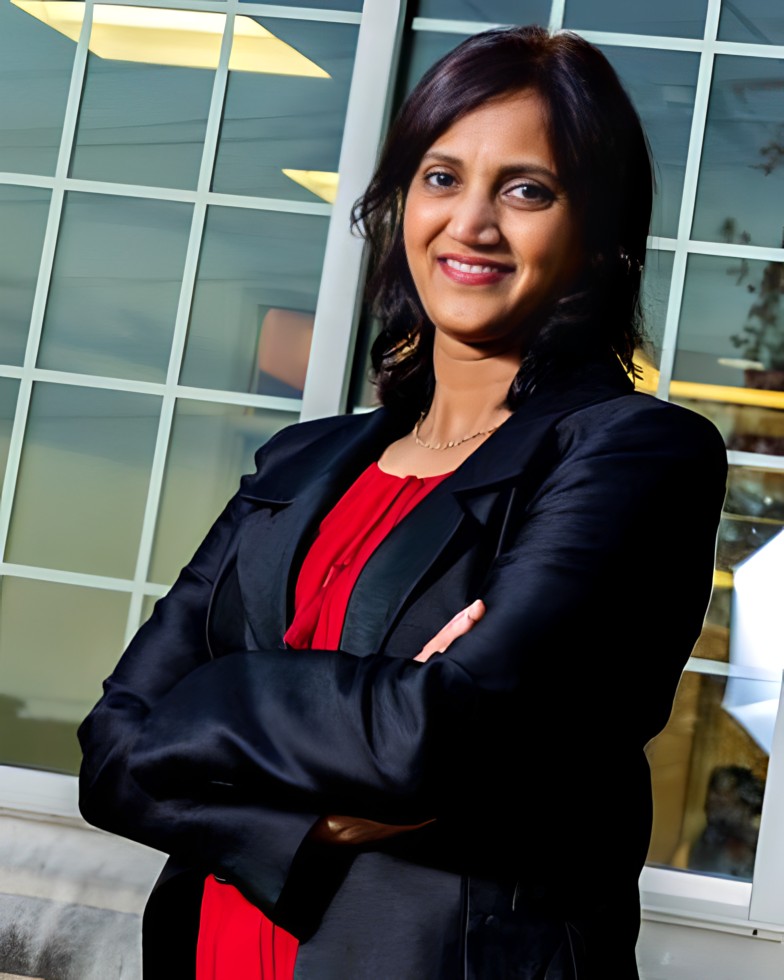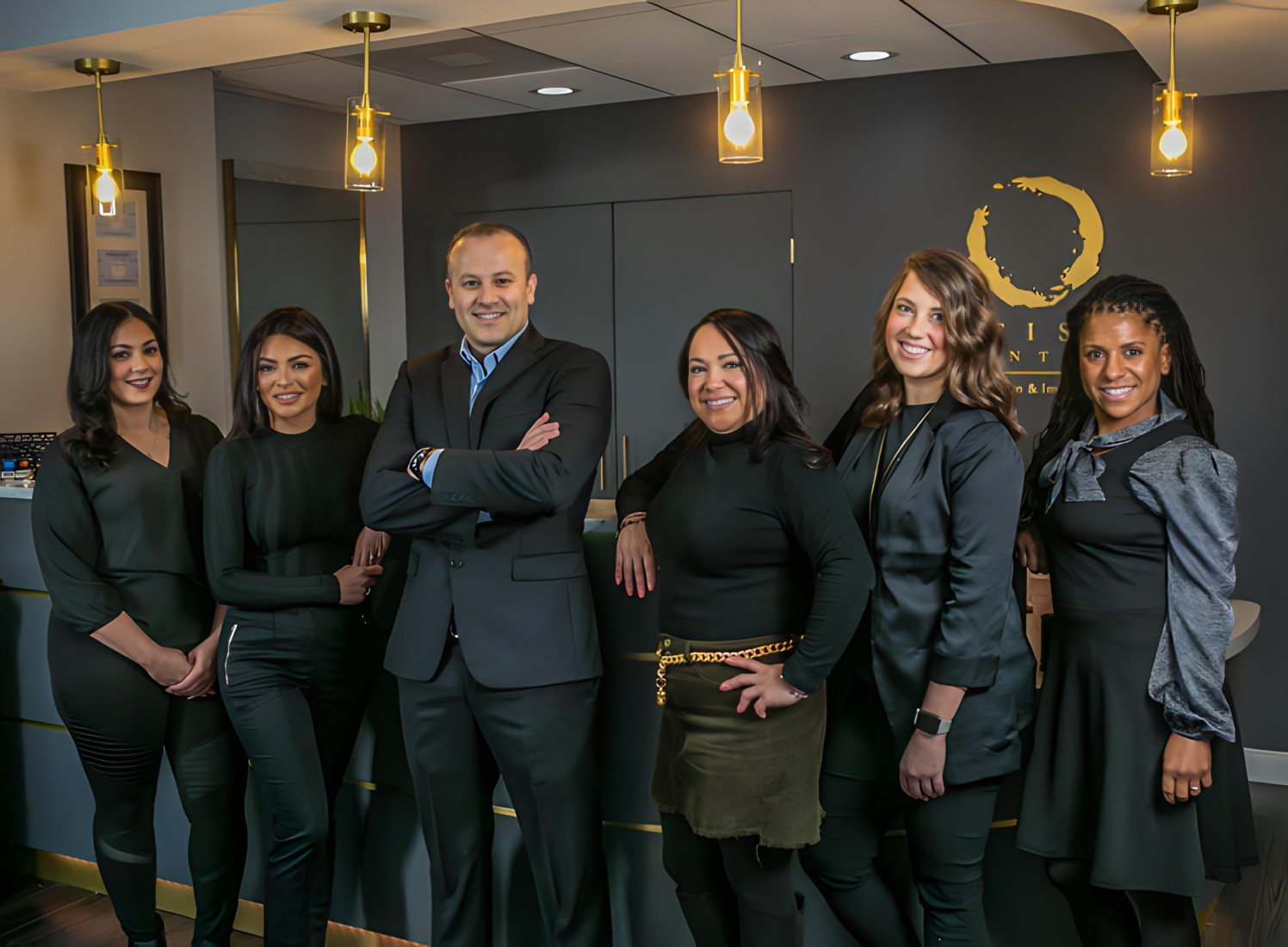Modern techniques, a dedicated team, and a transformative dental experience ahead.
Mickie S.
Dr. Ghannam is always thorough, thoughtful, caring and a perfectionist in his treatment. He makes sure one is comfortable during treatment. He is available by phone if one has an emergency or dental concern. He listens to his patient and answers their concerns. I like that he is certified in many areas of Dentistry so he can treat most dental problems. He gets an A+ from me.
Merv N.
Artisan Dental is always a 5 Star experience. If you're looking for a dentist and staff that is always pleasant, professional and displaying the highest competence in their craft, look no more. Dr. Ghannam is professional, meticulous and we drive 45 minutes for him and his team.
Dr Carlos M.
Dr. Ghannam is a fantastic dentist. Dental hygienist and assistant Ms. Carolina has a very gentle touch, and Ms. Navine running the office makes this a great team. You will be happy to have visited this particular office, you will not be disappointed in your service.
Sarah R.
The dentist took time to explain what to expect while extracting tooth. He gave me options to choose from and his assistant was wonderful. I felt very comfortable during the whole process. Thank you.
Stacey.
This is a very welcoming dental practice. Every staff member takes care of you like you are family.
Evette S.
5 stars as always. Dr 'G' and staff are awesome!
Mary T.
I was pleasantly surprised by the practice's empathy and credentials. Everything we discussed in my initial appointment confirmed that this is the practice for me! Everyone I've spoken to at Artisan is intelligent, understanding, and capable. Such a change from other practices I've consulted to address my cracked tooth!
Naveen G.
Artisan does it again. Superb service from check-in to check-out. Thank you Dr. Ghannam and team for providing the very best every single visit!
Una D.
I started Invisalign and expected to have discomfort and thought that it would be challenging. The entire process was explained to me and it has been a breeze. All my questions are answered and the staff has taken excellent care of me. It has been a great painless experience!
Pedro N.
Office and Dr. very helpful with my questions and gave me a great impression of their business.
Paul S.
As always, I had no wait time for the service. The cleaning was thorough, painless, and quick. Everything related to my teeth and gums was explained to me as well as a treatment plan. Artisan Dental remains my best choice for my dental needs.
Liza K.
I absolutely love the staff, whom work in this Burk Va. Office. They are like family they have gone out of their way with kindness, understanding, knowledge, and advanced education, to give me not only what I want, but also what has been best for my situation, and has explained every step of the way, with professionalism that kindness helping to make me feel relaxed and comfortable. I am so excited for the end results. I travel 3 and 1/2 hours to visit Dr. Ghannam and the staff at Artesian dental, And it is well worth the drive every mile. I would not go anywhere else. I looked through three states, and consult it with 6 different specialist before making this life-changing choice. This has been one of the best choices I've ever made in my life. So if you suffer from dental issues and need someone who understands do like I did! I choose Dr Ghannam, and his staff Artesian Dental, they are the best of all the places I have been in the past, And I have suffered with dental issues since I was a young child. When we are done, I will add pictures before and after 😊😁.
Musti S.
I am very happy to visit Artisan dental and met Dr. Ghannam. The Doctor and his staff were very professional. Dr. Ghannam was very kind and explained to me in very detailed as to how he is going to work with me in resolving my prosthetic problem. I appreciate his concern for my dental and health in general concerns. I would definitely recommend him for dental services and wish him best of luck in his future endeavors.
Maria O.
Wonderful experience with a kind and knowledgeable staff. Personal time and attention was given to explore and explain diagnostics as well as formulate a collaborative treatment plan.
Dr. Andrea S.
SPECTACULAR!" James Easter: "Great, all my son said and more. I'm expecting things to turn out just well.
